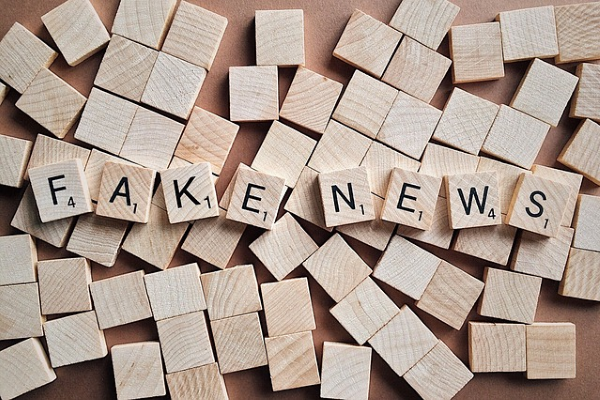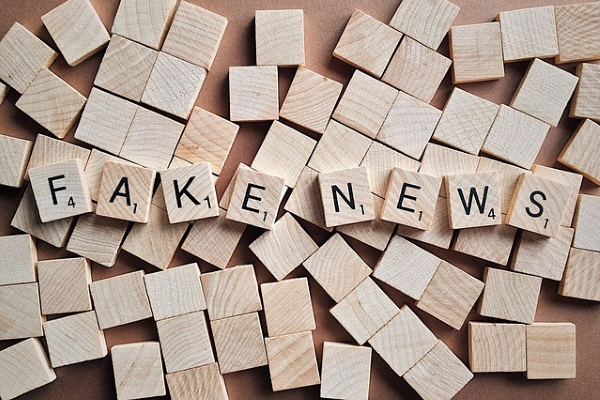

By: Maryam Hedayat
Source: MuslimVillage
Nearly ten years ago, people used to gather on tea-stalls and dhabas to get the latest gossips and news. Nowadays we go to Facebook and WhatsApp for the hottest updates and news.
While the internet has made some things easier, at the same time it has made other things somewhat complicated and confused. Contemporary life rotates around the network, the cloud with comment chains, status updates, notifications, news feeds, political gossips, likes and ratings.
No doubt, the rise of social media has many advantages, but no one can deny the fact that it plays an important role in spreading misinformation and distortion also. Fake news is becoming a plague on the Web.
Fake news stories are often exaggerated, sensational, and dramatic with breaking and sensational (dhamakedaar) headlines that grasp attention.
Well! There could be several motives behind creating fake news such as to destroy someone’s reputation, to damage the image of a company or brand, to gain power or fame, to earn money, to mislead people, score political points and so on.
Generally, fake news or hoax news looks legitimate and genuine, but the stories behind the headlines are entirely fictional. Hundreds of fake news sites have been set up, some producing false stories to entertain and distract and some to peddle their own agendas.
Sadly, fake scandals often seem more authentic than the reality and lead to harassment, discrimination, bullying and harm to reputation. The main factor behind the achievement of fake stories is the high level of social engagement.
Apparently the core problem with the people using social media is that they just keep on sharing anything and everything they receive without looking into the fact.
A survey has proved that the fake stories are often shared with much more enthusiasm than the true stories. The less truthful the content, the more frequently it is shared.
Usually, we just read the headlines and click the share button. Without troubling ourselves to go through the content whether true or not. Almost eighty percent of social media users do not read the stories they share on Facebook and WhatsApp.
Creating and sharing fake news is just like spreading gossip or rumors. In fact it can have much more serious consequences than that. The harm of gossiping may be confined between some friends and family, but sharing something fake online means sharing to potentially hundreds if not thousands or more with a single click.
The Internet and social media facilitates the circulation of news, fake and genuine, at an incredible rate by an extraordinary number of different media outlets. It is very difficult to verify what is fake and what is true.
The difficulty with verifying could end up becoming a threat to democracy as a result of declines in confidence in the media in general. With fake news sites increasing their income, the credibility of media organizations and public faith in journalism are also under threat.
We must be conscientious when sharing anything. The most reliable media-literacy tool is our own common sense. It requires to engage our brain.
There are some steps to follow which can help us to identify whether the news is fake or true.
- Investigate the source: make sure the publisher of the story is reliable.
- Check the URL: Domain names are available to purchase by anyone and they can be made to look like an existing website.
- Fake news articles aren’t always edited and written with the same quality as those from professional news outlets.
- Double check: Almost all stories get covered by multiple news outlets. If many are reporting the same facts it is more likely the story is true.
- Check the dates: In deliberately false stories time sequences may appear out of order and difficult to follow.
Making a sensible effort can prevent the long, stress-filled road and moral burden of spreading lies. We must think critically about the stories we read, and only share what is reliable, truthful, and beneficial. In today’s world, one important way to be part of the solution is to avoid becoming bearers of fake news.



